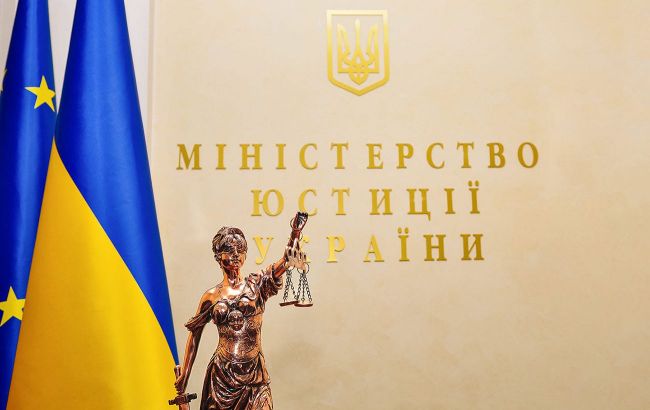Ukraine signs Valletta Protocol to boost war crimes investigations
 Ukraine and EU update mechanisms for fighting crimes (photo: facebook.com/minjust.official)
Ukraine and EU update mechanisms for fighting crimes (photo: facebook.com/minjust.official)
Ukraine has signed the Valletta Protocol, which opens access to modern mechanisms for investigating war crimes and international crimes, according to the Ministry of Justice's press service.
Signing of the protocol by the Ministry of Justice
Minister of Justice German Galushchenko signed the Third Additional Protocol to the European Convention on Mutual Assistance in Criminal Matters (Valletta Protocol).
The purpose of signing the protocol is the modernization of mechanisms of international cooperation in the investigation of criminal offenses, including war crimes.
The signing took place on September 19 in Valletta during an informal conference of justice ministers of the Council of Europe. The protocol was also signed by 15 other member states of the Council.
What does the Ministry of Justice say?
Minister of Justice of Ukraine, German Halushchenko, stated that Ukraine and the member states of the Council of Europe "must keep up with the times" in order to successfully counter war crimes and organized crimes, in particular international ones.
According to him, Europe cannot fully respond to socio-political challenges and use new technological tools without updating the legal framework.
"Today we signed an important document that will help increase the efficiency and promptness of mutual legal assistance in criminal matters within Europe," the minister said.
What does the Valletta Protocol provide?
According to the Ministry of Justice, the Valletta Protocol supplements the European Convention on Mutual Assistance in Criminal Matters and two previous protocols, adapting them to modern challenges.
It is noted that Ukraine was among the states that submitted their proposals for the development of the text of the Valletta Protocol.
Among the key provisions of the Valletta Protocol are:
-
Simplification and acceleration of mutual assistance procedures;
-
Expansion of the list of cases in which the signatory states may request mutual assistance;
-
Broader use of electronic communications and videoconferencing (for example, e-evidence, online questioning);
-
Permission to use technical means of surveillance (for example, GPS tracking, interception of telecommunications);
-
Establishment of clear procedural deadlines.
It is expected that the development and implementation of digital tools will significantly speed up the exchange of requests and strengthen their protection, as well as reduce the number of procedural refusals to satisfy requests for international legal assistance.
"The next step after signing the Protocol is the preparation of an implementation law to amend the current legislation of Ukraine in order to implement the provisions of the Protocol properly," the ministry added.
War crimes of Russia
Russia continues to commit war crimes in Ukraine. One of them is when Russian soldiers disguise themselves as civilians to infiltrate Kupiansk. This is unacceptable and constitutes a violation of the rules of warfare.
Earlier, the United Nations recognized that there were signs that Russian forces had committed war crimes during the full-scale invasion of Ukraine.
Ukraine's partners are responding to the request to help investigate such crimes. For example, it was reported that Denmark sent its experts to Ukraine to investigate war crimes of the Russian army.

